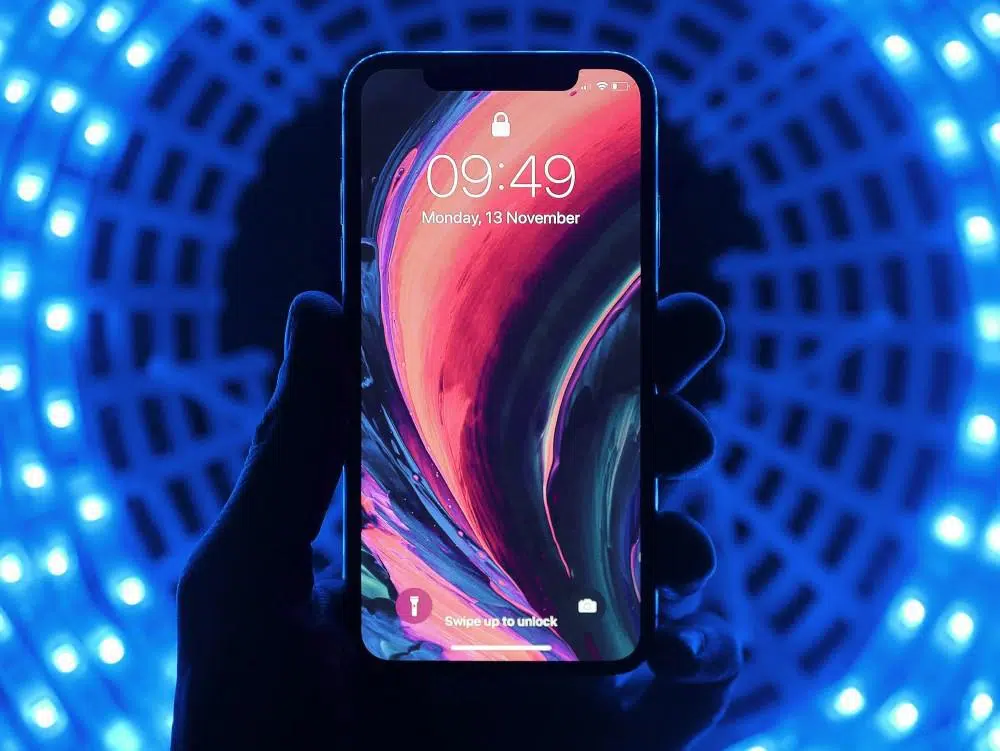Blue Light and Sleep

In this day and age, many of us are familiar with the concept of blue light, and that exposure to blue light can negatively impact our sleep.
But how, exactly, does this happen?
Today, many professions require us to be on our computers for a good part of the day, which results in extensive periods of blue light exposure. According to the National Sleep Foundation, blue light released from our phones and computers impact the release of melatonin, the sleep-inducing hormone created in the pineal gland. Typical melatonin production looks like this: Our melatonin levels rise in the evening after the sun has set, and continue to stay elevated as we are exposed to darkness during the night. Melatonin levels drop in the morning, as we are exposed to light from the sun. However, when we are exposed to blue light, we feel more alert during the evening and it can shift our body’s internal circadian clock to a later time. Exposure to blue light can also cause us to spend less time in the restorative phase of REM sleep, the period of time when we dream, which can result in feeling less rested even when we’ve received a sufficient amount of sleep.
So what can we do in order to get our jobs done during the day and get a restful sleep at night?
Start implementing a buffer zone in the evenings, which is a screen-free time a couple of hours before bed. Use this time to read (a book!), listen to music, or do anything else relaxing that does not involve screens. You may even be surprised by the new activities you enjoy that don’t involve scrolling through your phone. A couple of other useful strategies include wearing glasses that block blue light, dimming your screens during the evening hours, and exposing yourself to lots of light during the daytime hours in order to boost alertness.

The Link Between Social Media and Depression
In today’s world, scrolling through social media is as routine as brushing our teeth. We open apps out of habit — on the train, in bed, while waiting in line. Platforms like Instagram, TikTok, and Facebook keep us connected, informed, and entertained.

Signs Depression is Taking a Toll on Your Relationship
Depression can impact every part of a person’s life, from their work to their romantic relationships. Dealing with depression can take its toll on both the person with depression and the supporting partner. If you’re worried that depression is affecting your relationship, understanding its impact is an important first step.

Anxiety Attack and Panic Attack Differences
’s easy to mix up anxiety and panic attacks. While anxiety attacks and panic attacks do have overlapping symptoms, they are different. Let’s get into the differences between anxiety and panic attacks so you can be in a better position to get the help you need.

How to Overcome Procrastination and Anxiety
Procrastination is a very typical human experience. At some point or another, we’re all guilty of putting off that task we know is important. Maybe it’s household chores, filling your taxes, paying bills, or some other mind-numbingly boring task.




